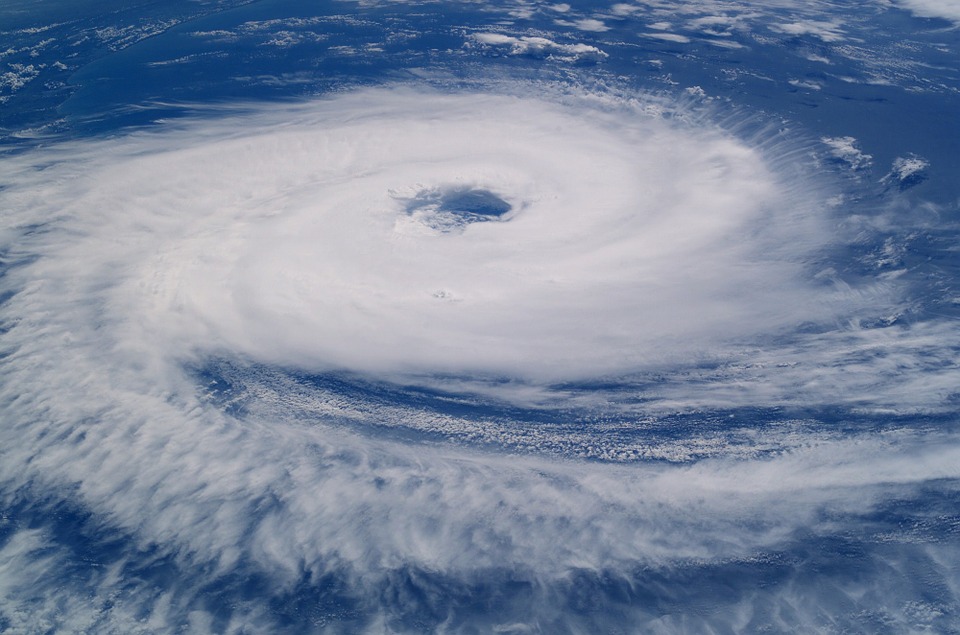Drawing attention during a global pandemic to the plight of air and water quality, endangered species, rising sea levels, and ecological sustainability might appear ill-timed at best, or grossly tone deaf at worst. While doctors and nurses labor under extreme conditions and away from their families, unemployment rates are skyrocketing in a frozen economy, and underappreciated workers are recognized as “essential” to our common life — though, not always compensated as such — there is no shortage of urgent crises and human needs.
Login to read more
Sign in or create a free account to access Subscriber-only content.
Topics:
